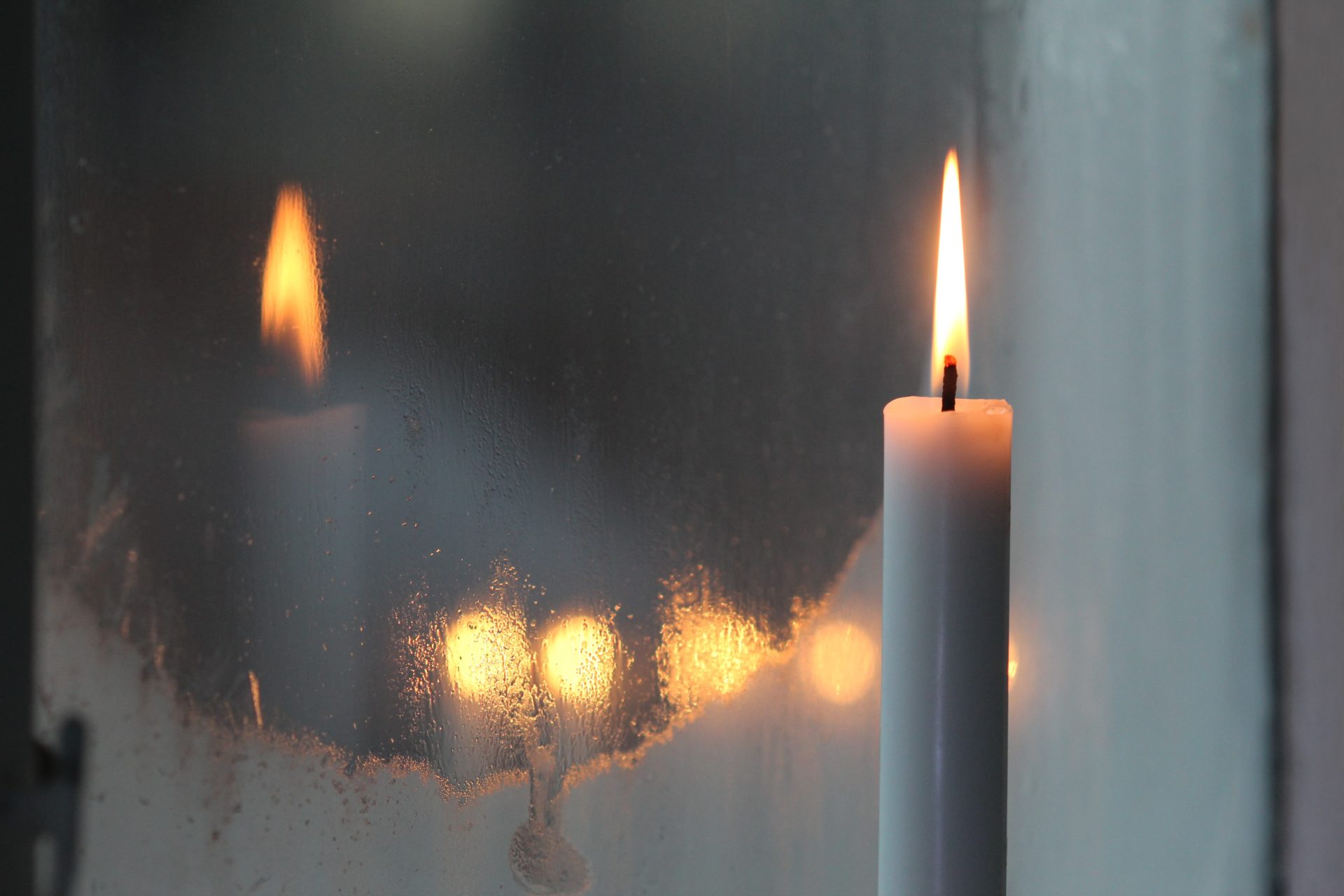
Photo by Anne Nygård on Unsplash
The hope of Advent
We live in such a polarized society, and that polarization chips away at hope. Why are we so polarized? Politics is one reason. Studies suggest that strong initiatives from the Democratic party have functioned as major drivers of the great divide that emerged in recent decades between the Democratic- and Republican-leaning population. According to the Pew Research Center, areas of partisan divide include opposing stances on government regulation, the social safety net, homosexuality and gender, race and immigration, and economic fairness. As what are considered to be liberal-leaning beliefs and policies gain broad acceptance, it is not only Democrats and Republicans who are at odds. We also see division between people of different generations, gender, socio-economic standing, educational attainment, and race.
And sadly, the church has not been immune to these divisions. This country continues to see a rise in Christian nationalism, claiming the United States as a Christian nation that should remain as such. This stance should frighten any Baptist as we commit ourselves to maintain what Walter Shurden identified as the Four Fragile Freedoms: Soul Freedom, Bible Freedom, Church Freedom, and Religious Freedom. But even among the Baptist family, we see evidence of marginalization, discrimination, and disenfranchisement because all are not welcomed to live into the fullness of their authentic and God-given selves.
How then will we have hope when we are so divided? In his “Reflections for Advent and Christmas,” Michael Maher pondered a similar question in 1976. When he considered the state of the world, Maher cited a despair born of misery and suffering that contends against the hope of Advent. Even the church, in Maher’s opinion, was suffering from exhaustion. Nevertheless, he asserted that Christ’s coming into the world was not to eliminate all suffering and anxiety in the world. Jesus said so himself, “…In this world you will have trouble. But take heart! I have overcome the world” (John 16:33 NIV). Jesus came into the world so that we might have his example to sustain us. He lived among us as the least of these – a marginalized, oppressed minority – demonstrating radical inclusion and reconciliation for all who would receive him.
This is our hope. Even in the most polarized and divided of societies, Jesus came into the world. That was true in ancient Palestine, and it remains true today. Nevertheless, Jesus’ coming does not anesthetize us from the challenges we face. Rather, it does and should inspire us to keep going. As Maher notes, “[Advent] encourages us to keep playing our part in the task of completing the Savior’s work of bringing exterior justice and interior salvation into the world.”[i] So, what does it mean for us to play our part? It means that when we see polarization, we must work to bring people together. When we see nationalism that threatens to exclude, we must help people to widen the aperture so that those on the margins are included. And when we see exhaustion in the church, we must remind one another that we cannot grow weary in doing well. Instead, Advent reminds us that Jesus is our touchstone. We must come back to him again and again because Jesus is our source and supply.
The hope of Advent shows us God’s unfailing love, which was demonstrated by Jesus’ victorious incarnation and in him, our hope is sustained as we await his return.
The views expressed are those of the author and not necessarily those of American Baptist Home Mission Societies.



